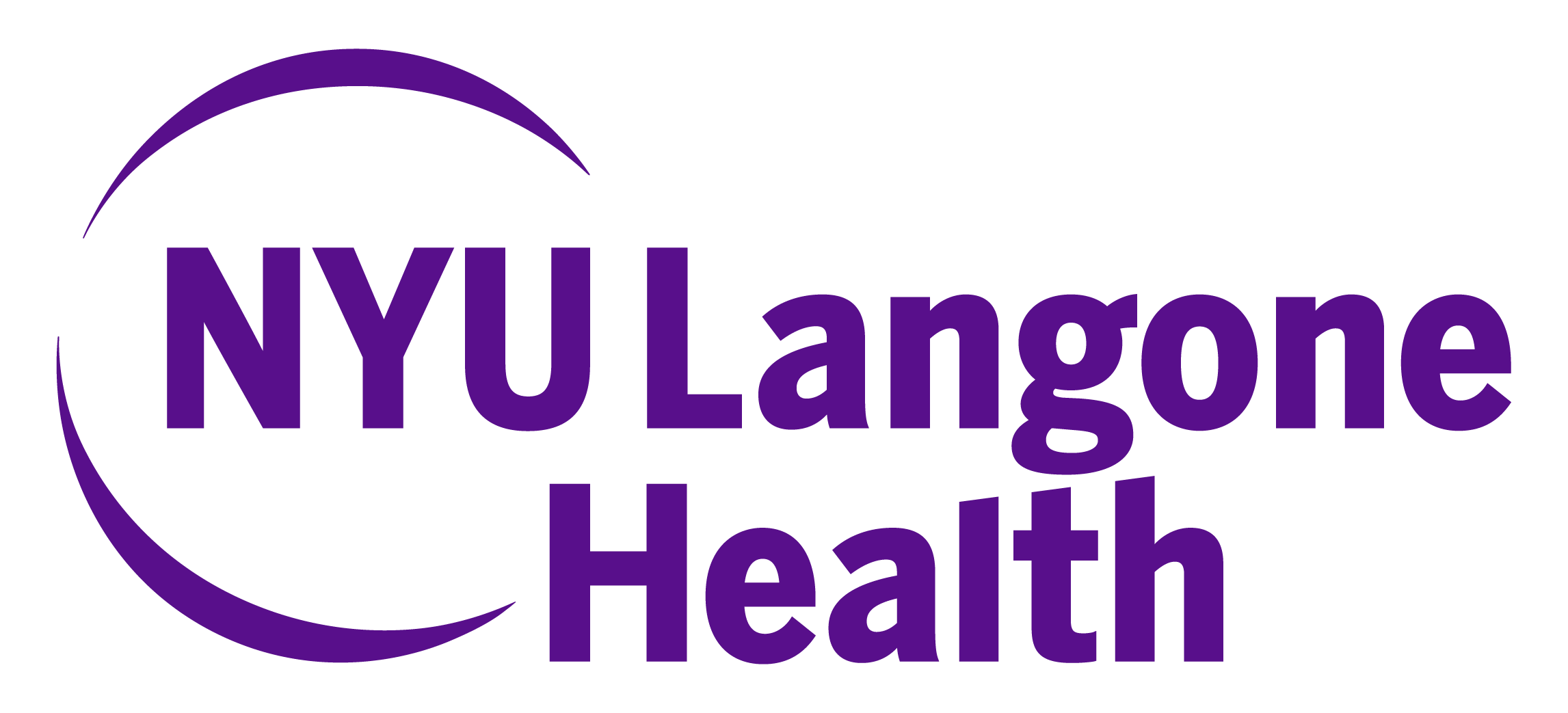- Advertise
- About OncLive
- Editorial Board
- MJH Life Sciences brands
- Contact Us
- Privacy
- Terms & Conditions
- Do Not Sell My Information
2 Clarke Drive
Suite 100
Cranbury, NJ 08512
© 2025 MJH Life Sciences™ and OncLive - Clinical Oncology News, Cancer Expert Insights. All rights reserved.
Dr. Ginsburg Addresses Global Disparities in Cervical Cancer
Ophira Ginsburg, MD, director of the High Risk/Cancer Genetics Program at NYU Langone's Perlmutter Cancer Center, addresses global disparities in cervical cancer.
Ophira Ginsburg, MD, director of the High Risk/Cancer Genetics Program at NYU Langone's Perlmutter Cancer Center, addresses global disparities in cervical cancer.
Until now, many countries have been understandably reluctant to allocating resources toward cancer, as it has historically been seen as an expensive disease to treat, and almost impossible to prevent, says Ginsburg.
There are many opportunities to tackle cervical cancer control in low- and middle-income countries that may not be obvious, says Ginsburg. The first option is to improve the health system for cancer care more broadly, such as teaching the importance of radiotherapy and brachytherapy. It is important to include these technologies, infrastructures, resources, and training in order to address the cancer burden as a whole in these countries. Once that is done, preventing or treating a disease such as cervical cancer, which is relatively well controlled in the first-world, will be an easier task.


